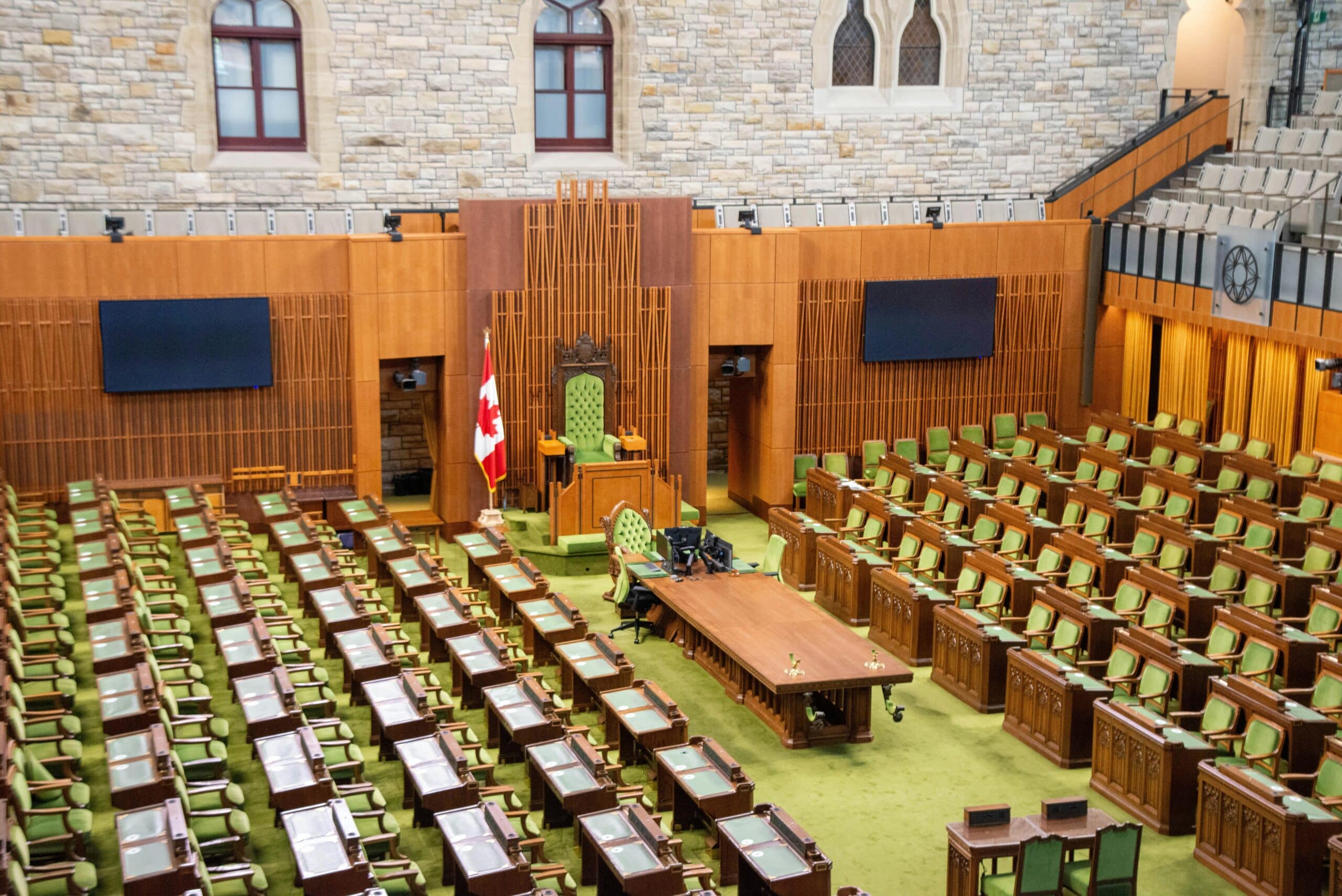In parts one and two of this series, we looked at the main changes to the legislation, as well as the first two exceptions from the TOSI rules. In part three, we’ll be examining the final three exceptions, and share a flowchart to demonstrate how and if the new rules will apply to your family.
Third Exception: Taxpayers Aged 25 or Older
Specified Individuals in this age range who receive income from, or realize a taxable capital gain from the disposition of excluded shares, will not be subject to the TOSI rules. Shares will constitute excluded shares, where:
- Less than 90% of the corporation’s income is derived from the provision of services (alternatively, at least 10% of the corporation’s income is from sources other than services revenue).
- The corporation is not a professional corporation.
- At the time the income is received, the specified individual owns shares of the corporation having at least 10% of the votes and value of the corporation.
- All or substantially all (generally, 90% or more) of the corporation’s income is not derived, directly or indirectly, from one or more related businesses in respect of the specified individual (alternatively, no more than 10% of the corporation’s income is derived from a related business).
Since the votes and value condition requires direct ownership by the specified individual, ownership of such shares through a family trust will be problematic. Consequently, where family corporations are held through a family trust, and a beneficiary is aged 25 or over, consideration may need to be given to whether a rollout of the trust’s shares should be undertaken to allow for the direct holding of the excluded shares to avoid the TOSI rules.
A transitional rule will apply the purposes of determining the 10% votes and value test for 2018 only. Specifically, the test will apply at the end of 2018, instead of at the time the income is received. Therefore, if income is received in 2018 at a time when the taxpayer did not satisfy the 10% votes and value threshold to constitute excluded shares, the application of the TOSI rules can be avoided if the taxpayer increases his/her ownership to satisfy the 10% votes and value threshold by the end of 2018.
If the excluded shares test is not satisfied, specified individuals in this age range may also avoid the TOSI rules, if the income does not exceed a reasonable return. A reasonable return is based on one or more of the following criteria:
- The work performed in support of the related business.
- The property contributed, directly or indirectly, in support of the related business.
- The risks assumed in respect of the related business.
- The total of all amounts paid or payable, directly or indirectly, by any person or partnership to, or for the benefit of the taxpayer with respect to the related business.
- Such other factors which may be relevant.
For example, assume a parent makes a loan to a child’s corporation to start up a business, bearing interest at a rate of 7.5% per annum. The rate of interest charged is in line with the prevailing rate of interest generally charged by financial institutions on a typical small business loan. Therefore, the interest income received by the parent will not be subject to the TOSI rules, because it is a reasonable return based on the property contributed and the risk assumed by the parent.
As may be noted, the reasonable return test is highly subjective. Therefore, satisfying the excluded shares test, if possible, is a much more certain way for a specified individual aged 25 or older to avoid the application of the TOSI rules.
Fourth Exception: Taxpayers Aged 18 to 24
Specified individuals in this age range who have contributed capital to a related business will not be subject to the TOSI rules, if the income does not exceed a safe harbour capital return or a reasonable return.
A safe harbor capital return is determined as the return on property contributed by the specified individual to the related business. The formula to make this determination is the product of A x B, where:
A is the rate equal to the highest prescribed rate of interest in effect for a quarter in the year; and
B is the fair market value of the property contributed by the specified individual in support of the business, pro-rated for the number of days the property was used in the related business in the year.
For example, Child A contributes $1,000 to a business operated by Child A’ parents. The amount contributed was made at the beginning of the year and assume that the highest prescribed rate in any quarter for the year was 2%. The safe harbour capital return would be $20 ($1,000 x 2% x 365 days/365 days). As long as Child A’s income from this investment does not exceed $20 for the year, then the TOSI rules will not apply.
Specified individuals in this age range will also be able to rely on the reasonable return test (as described above) in order to avoid the TOSI rules, but only in regards to the contribution of arm’s length capital. Arm’s length capital means property of the taxpayer that was not:
- Acquired by the taxpayer as income or a capital gain from another property, where the income or capital gain was derived directly or indirectly from a related business in respect of the taxpayer;
- Borrowed (including from arm’s length sources); or
- Transferred to the taxpayer from a person who was related to the taxpayer. For this purpose, transfers as a consequence of the death of a person are excluded.
Fifth Exception: Taxpayers with Spouses Aged 65 or Older
The TOSI rules will not apply on income received by a specified individual, if the following conditions are met:
- The same income would not be subject to the TOSI rules, if it was received by the specified individual’s spouse; and
- The specified individual’s spouse is at least 65 years old in the particular year.
The foregoing exception permits a business owner who is a senior citizen to income split with his/her spouse, without having to be concerned about the spouse’s level of involvement with the corporation’s business, or to be concerned about whether the corporate shares satisfy the excluded shares or reasonable return exceptions.
How will these rules apply to my family?
These new TOSI rules and exceptions are admittedly complex, making it difficult to visually picture how they may affect your family. To assist, we’ve developed an easy-to-read flowchart demonstrating their application.
The team at Zeifmans has an in-depth understanding of the new TOSI rules, and can help walk you through their application within your family’s unique case. Reach out to your Zeifmans advisor today by calling 416.256.4000, or e-mail Nathan Choran, Tax Partner, at nc@zeifmans.ca.



